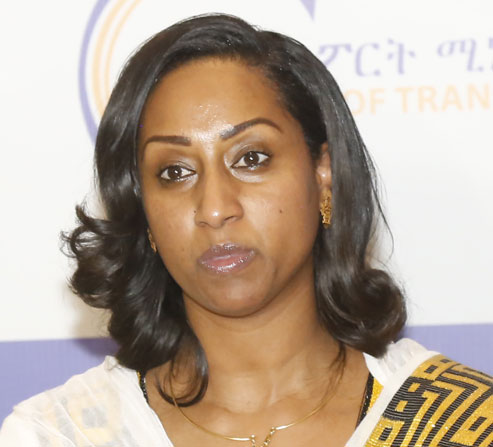
DP World pledges to invest one billion dollars in the next decade to develop the supply chain infrastructure along the Berbera corridor. This will include dry ports, silos, warehouses, container yards, cool and cold chain depots, freight forwarding, and clearing activities. "We have already established a high-level committee to make the investment phase by phase after doing an assessment on what the country lacks in this particular corridor," Sultan Ahmed, group chairman and chief executive officer of DP World, told Fortune. The Ministry of Transport and DP World, a Dubai-based logistics company, signed a Memorandum of Understanding (MoU) last week with the aim of developing the road linking Ethiopia to the port of Berbera in Somaliland. The agreement also proposes that the two parties establish a joint venture logistics company to carry out shipping and other operations on the corridor, which is set to grow in importance for the landlocked country. The agreement comes barely a month after the Ministry announced its plans to open up the long-closed logistics sector to private and foreign investments. The road infrastructure that will connect Berbera to the Ethiopian border, funded by the Abu Dhabi Fund for Development and the UK’s Department for International Development, is expected to be completed by the end of 2021. The road will link to the existing modern highway on the Ethiopian side and will further position Berbera as one of the key trade gateways in the region. DP World has committed 442 million dollars to develop and expand Berbera port, in which Ethiopia has a 19pc stake.
[ssba-buttons]